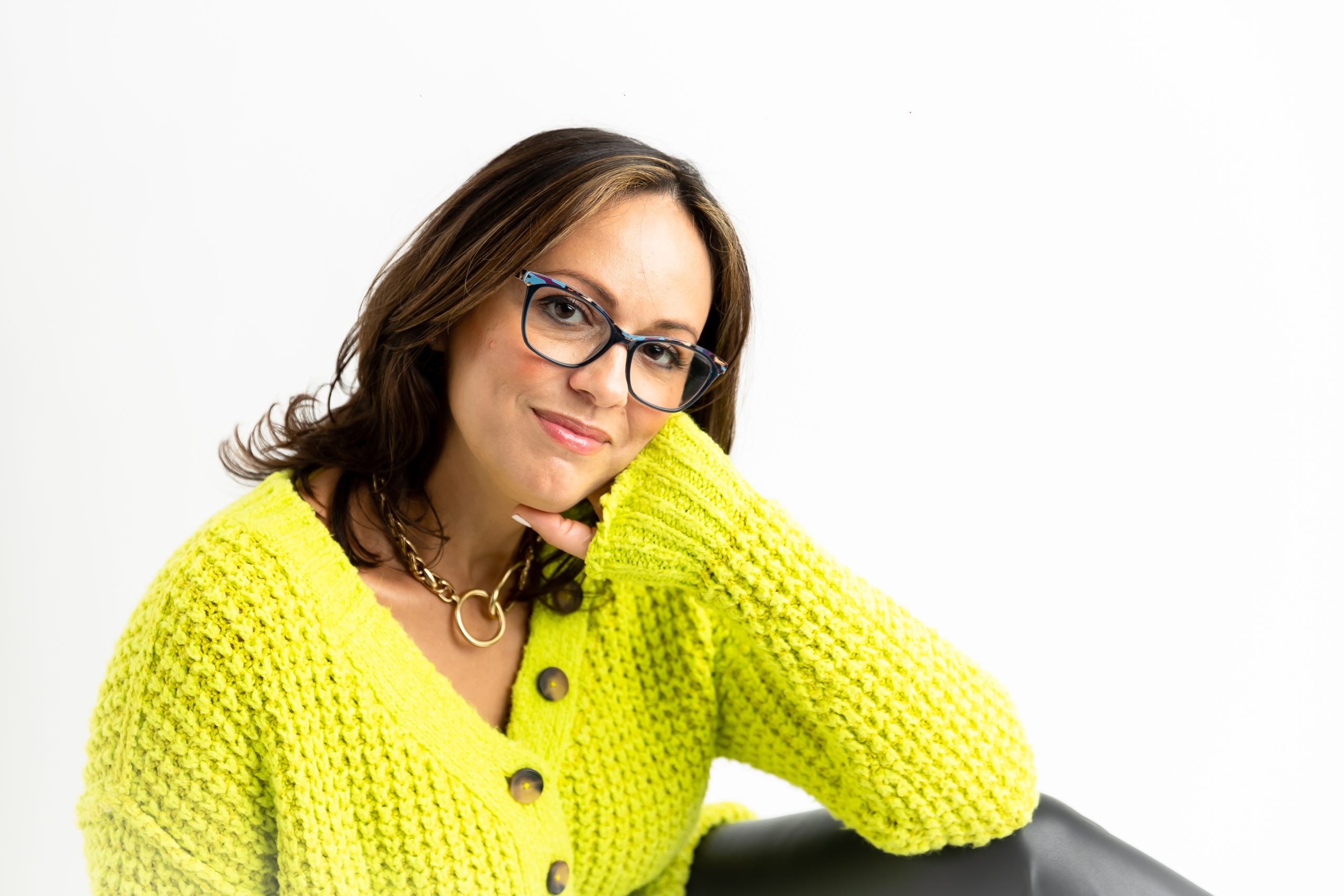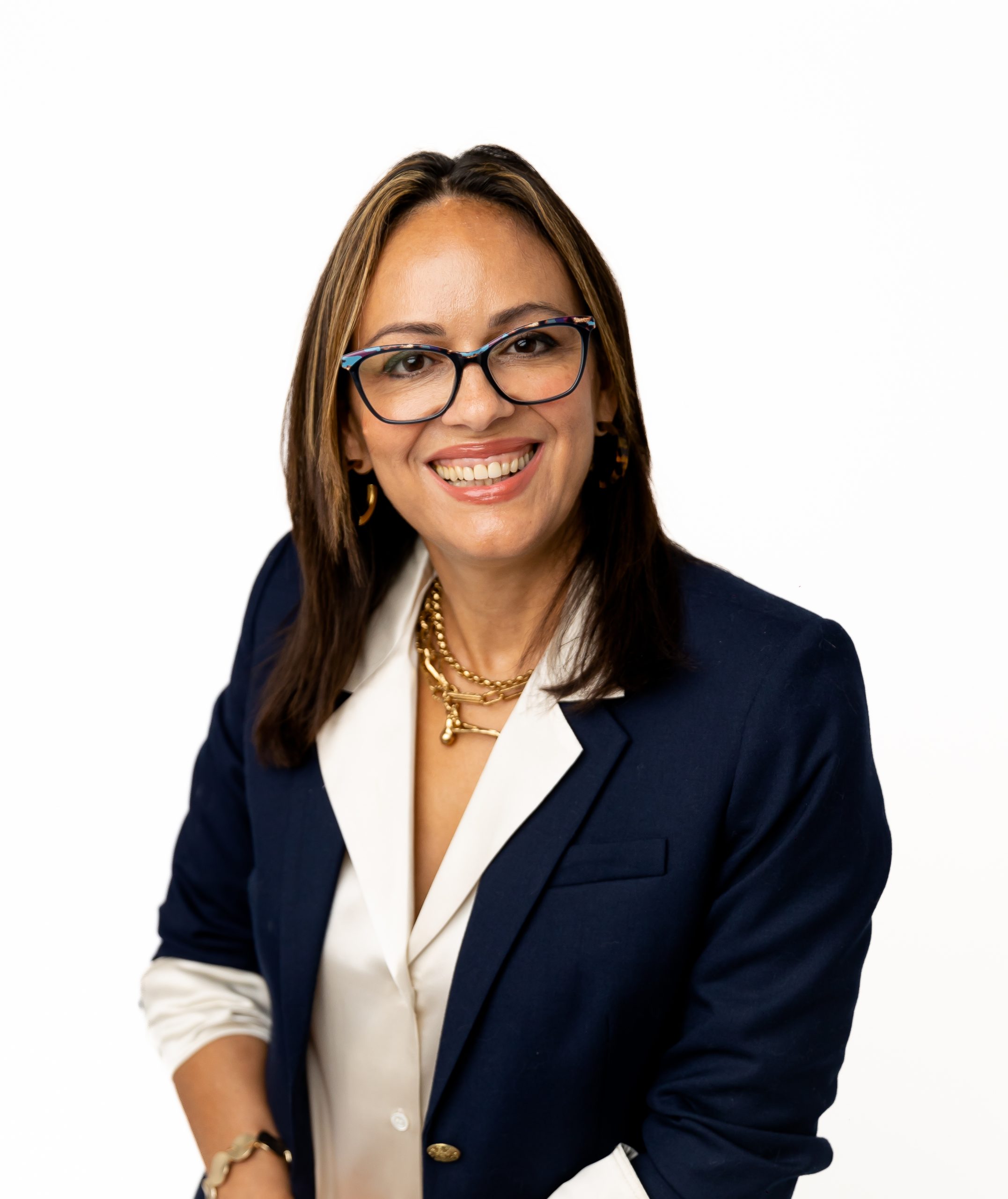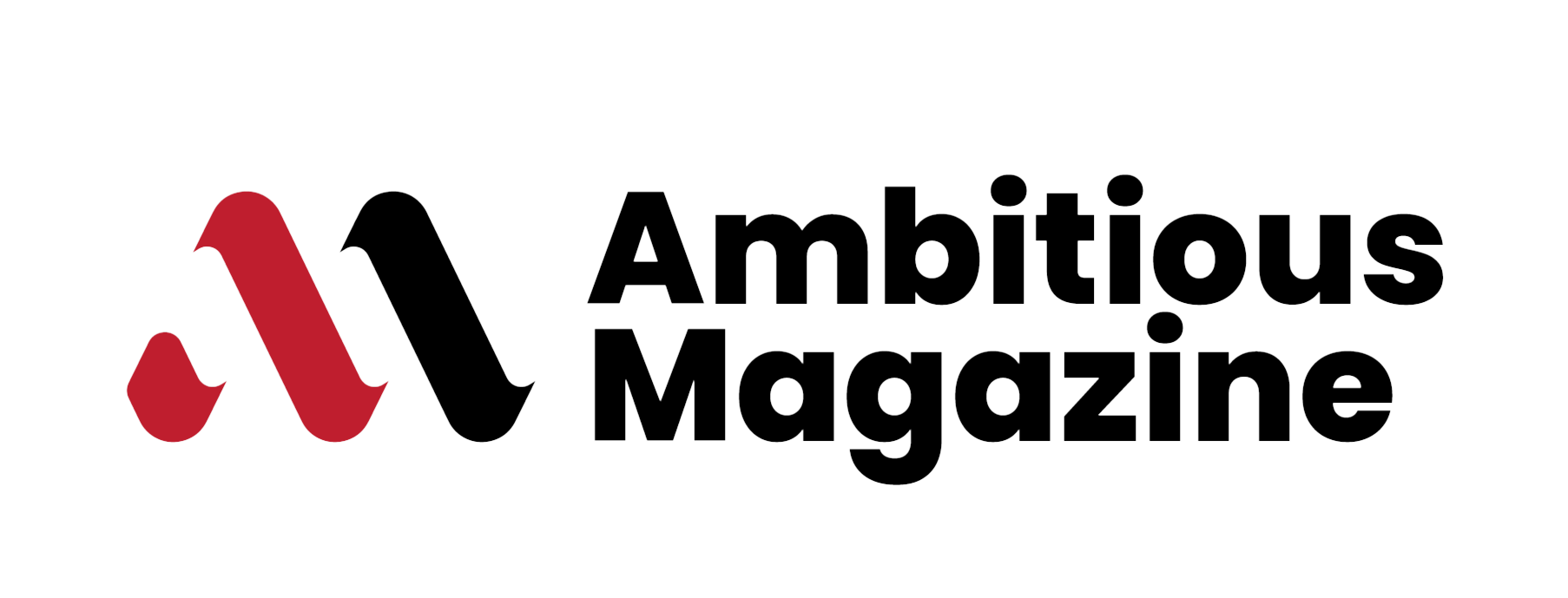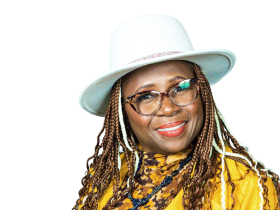Success is an elusive concept, varying from person to person. For some, it might be accumulating wealth, owning properties, or achieving professional prowess. However, success, in its truest essence, isn’t always about tangible accomplishments. It’s also about intangible fulfillment – the profound sense of happiness, contentment, and living with a conscious awareness.
Many of us question the essence of success at different points in our lives. Is possessing material wealth – money in the bank, property, and other assets – the real factor denoting success? Or is there more to it? Beyond the laughter and smiles, does our definition of success align with a deep-rooted sense of happiness and contentment?

Throughout life, each one of us faces challenges. Some hurdles seem impossible, while others are mere blips on our radar. Each one of us may lean on some beliefs or factual events to help us go through them. I have very religious, spiritual, and atheism within my group of close friends. During difficult times, I’ve seen different coping mechanisms among us. Some draw strength from their devout religious beliefs, some from their spiritual practices, and others identifying as atheists, rely on their inner resilience. Are any of them better or worse, right or wrong? How can anyone determine that?
Religious beliefs and spiritual paths, with their rich histories and diverse narratives, provide solace and guidance to many. However, the true essence of faith lies not in blind acceptance but in the pursuit of understanding. By questioning, we might deepen our connection, refine our perspectives, or even discover new paths that resonate more deeply with our evolving selves.
Belief is profoundly personal. It is molded by family upbringing, cultural contexts, personal experiences, and individual quests for understanding. The question then arises: Does a higher power, imagined as a deity with a magic wand, influence our success? Or is this higher power merely a guiding force, allowing us free will yet offering solace in our weakest moments?
Believing that one’s life is entirely preordained might hinder personal growth. Suppose we accept that our life’s trajectory is already mapped out without any room for change or growth. In that case, we might miss opportunities to push our boundaries, evolve, and shape our destinies.
Belief can be a powerful tool for a believer. But it’s essential to differentiate between using belief as a source of strength and using it as a crutch. If we entirely rely on the idea that our paths are predestined, without any room for personal agency, we might become passive recipients of life rather than active participants. Such a mindset might hamper our growth and limit our potential.
I personally resonate with the idea of a universal energy, a higher power that binds us all. To me, this belief serves as an anchor. It provides strength during life’s tumultuous storms and imbues a sense of purpose even during moments of doubt. If, at life’s end, my belief proves to be misplaced, I’ll still have lived a life enriched by hope and perseverance.

Faith, irrespective of its nature, can be a beacon during our darkest hours. It can offer the comfort of companionship, ensuring we never feel truly alone in our journey. However, it’s essential to remember that belief isn’t a yardstick of one’s worth or kindness. Believers and non-believers alike can and do contribute positively to the world.
What’s most important is to live with compassion, to extend a helping hand when possible, and to respect the diverse beliefs and journeys of those around us. Whether you have faith in a deity, the universe, or the strength of the human spirit, remember that the path to success and fulfillment is paved with perseverance, compassion, and consistent action.
But whether we hold onto religious beliefs, spiritual ideologies, or secular views, what truly matters is the legacy we leave behind: a legacy of kindness, compassion, and assistance. Success isn’t just about individual accomplishments. It’s about lifting others up and cultivating a world where everyone has the chance to thrive.
While beliefs can guide us, our actions, openness to learning, and respect for diverse viewpoints define our success. We all tread unique paths, but our collective goal should be to make the journey meaningful, not just for ourselves but for those around us.
Furthermore, it’s important to recognize that success isn’t just an individual endeavor or a personal achievement. It’s intertwined with our ability to remain open, to perpetually learn, and to adapt. A rigid mindset or a narrow vision can be limiting in an ever-evolving world bursting with myriad perspectives. Embracing a spectrum of viewpoints enriches our understanding and fosters an environment where innovation and creativity thrive.
Each of us embarks on a journey distinct from the other. Our stories, experiences, and milestones vary, painting many possibilities for our human existence. Yet, amidst these differences lies a common aspiration: to render our voyage significant, not just in terms of personal accolades but in the broader context of societal impact. To truly succeed is to uplift, inspire, and leave an indelible mark on the milestones we achieve and the hearts and minds of those we encounter along the way. After all, in the grand theater of life, the shared experiences, mutual respect, the steps we take, the challenges we confront, and the lessons we internalize are the keys to paving our road to success.
Next time I feel disappointed by someone’s actions, I will consider whether the action was deliberate or perhaps they had nothing left to offer. No one can give what they don’t possess. Even the reservoir of love and compassion can run dry at times.















Leave a Reply